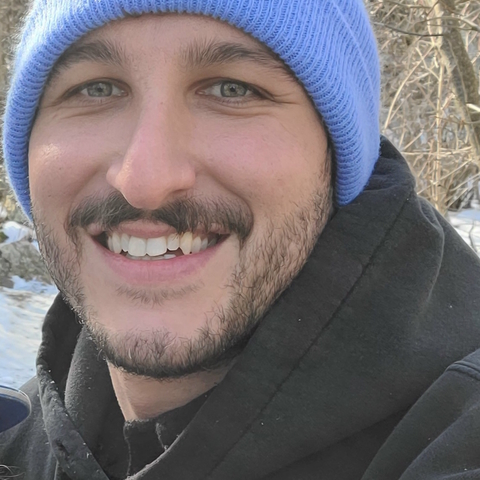Bio
Environmental issues are both whole globe affairs and specific, local ecosystem events. As a native of the barrier islands of the Outer Banks of North Carolina, I have seen firsthand the very real effects of climate change, and how rising seas threaten this pristine and fragile ecosystem — as it does all marshland estuaries along the eastern coast of North America. These kinds of concerns are what led me to obtaining my B.S. in both Geology and Environmental Studies. Since obtaining my B.S. I dove into many interdisciplinary experiences. I spent time working and managing a sustainable farm, I operated as a geologist in a private gem mine in Tanzania, and I also spent three years as an ecological tour guide offering people an exciting and educational experience exploring the wonders of the Outer Banks’ ancient, maritime forests in search of one of the last herds of Colonial Spanish Mustangs.
As a master’s student and Graduate Research Assistant for Horn Point Lab, I am continuing my pursuit in helping to understand and preserve our precious marine estuaries. I am working under Dr. Raleigh Hood, Dr. Victoria Coles at Horn Point lab, and Gary Shenk of the Chesapeake Bay program where we are working on a larger unprecedented project- alongside other universities and the help of The Chesapeake Bay Program-forecasting the environmental feedbacks of climate change and the human response to those feedbacks within the Chesapeake Bay Watershed. For more information on this large NSF funded project, please visit: https://sites.google.

